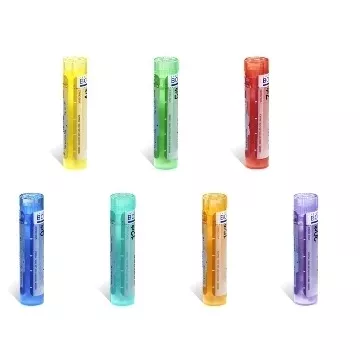What isskin irritation?
Skin irritation is an inflammatory response of the skin to an external or internal irritant. It often manifests itself as redness, itching, rashes or burning sensations. Irritation can vary in intensity and duration, depending on individual sensitivity and the nature of the irritant.
What are the main causes ofskin irritation?
The causes ofskin irritation can be multiple, including :
- Chemical products: detergents, solvents, or cosmetics containing aggressive substances.
- Environmental factors: exposure to sun, wind, cold or extreme heat.
- Allergens: animal hair, pollen, dust mites, or certain plants such as poison ivy.
- Physical friction: tight-fitting clothing or clothing made from irritating materials.
- Internal factors: stress, hormonal fluctuations, or allergic reactions to food.
How canskin irritation be prevented?
Preventingskin irritation often involves identifying and avoiding specific triggers. Here are a few tips:
- Use gentle skincare products, without perfumes or harsh dyes.
- Wear clothes made of natural materials like cotton, which allow the skin to breathe.
- Protect skin against extreme weather conditions with appropriate clothing and protective creams.
- Moisturize regularly with lotions or creams suited to your skin type.
What treatments are recommended to relieveskin irritation?
Treatment ofskin irritation depends on its cause and severity. Common approaches include :
- Applying anti-inflammatory creams or ointments, such as those containing hydrocortisone.
- Use of cold compresses to reduce itching and redness.
- Administration of antihistamines in case of allergic reaction.
- Consult a dermatologist for specific treatments if symptoms persist or worsen.
When should a healthcare professional be consulted for skin irritation?
It is advisable to consult a healthcare professional if :
- Irritation spreads or is accompanied by fever.
- Symptoms do not improve despite home treatment.
- Skin irritation is accompanied by other unusual symptoms, such as shortness of breath or facial swelling.
- There is severe pain or signs of infection (such as pus or yellow scabs).
